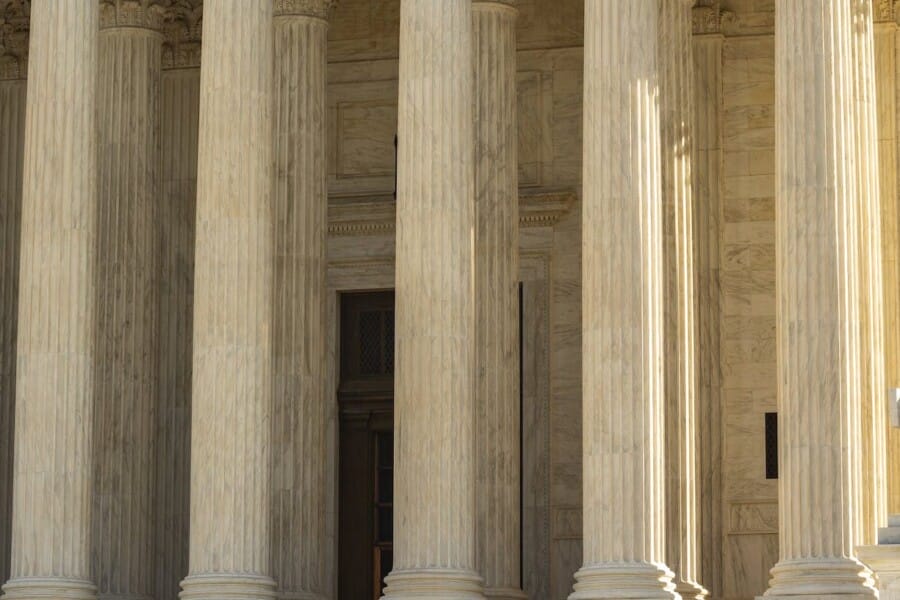The U.S. Supreme Court’s refusal in Whole Woman’s Health v. Jackson to enjoin Texas’s “Heartbeat” law, SB 8, has rightly created a lot of splash.
Catherine Glenn Foster, President & CEO of Americans United for Life, writes on what the Texas law does, why it is innovative, and what might happen next when it comes to the Supreme Court.
I write to offer my perspective on Texas’s pro-life achievement and to caution that the Supreme Court’s decision to allow the pro-life law to go into effect is, for a very particular set of reasons, unremarkable. I believe that Texas’s heartbeat law will ultimately be only a temporary victory, so long as Roe and our lamentable abortion jurisprudence remains in force.
The Texas law grants a “private attorney general” right to any citizen to sue to enjoin abortion operations at or after the 6th week of a preborn child’s life. Texas’s heartbeat law is novel and innovative, and its innovation lies in the fact that it creates no direct state action on abortionists and therefore establishes no basis for a court’s authority to interfere at this point.
Since only state action violates the Constitution, there’s nothing for a court to enjoin at this point, a point ably made by the five-Justice majority in denying the Texas abortion industry’s petition for emergency relief.
When and if, however, any private citizen files such a lawsuit, the abortionist will have a ready and probably successful defense to the Texas law’s enforcement thanks to Roe, to claim that he is engaged in a constitutionally protected activity. The Supreme Court has ruled in multiple cases that civil enforcement of an unlawful private right is “state action”, chiefly in cases involving attempts to enforce racially restrictive private deed covenants.
We will continue to monitor this case and provide strategic assistance to Texas in crafting law and policy to defend the human right to life.
Notably, the Texas legislature this week also passed a significant limit on chemical abortion, a measure we urged to protect women from the dangerous and life-threatening practice of this type of abortion.
Texas has also seen its prohibition on barbaric late-term “dismemberment” abortions upheld by the full Fifth Circuit Court of Appeals.
It is fitting that the State that saw its abortion regulations struck down in toto by the Supreme Court in Roe should take the lead in restoring the human right to life and bolstering protections for women and children.




